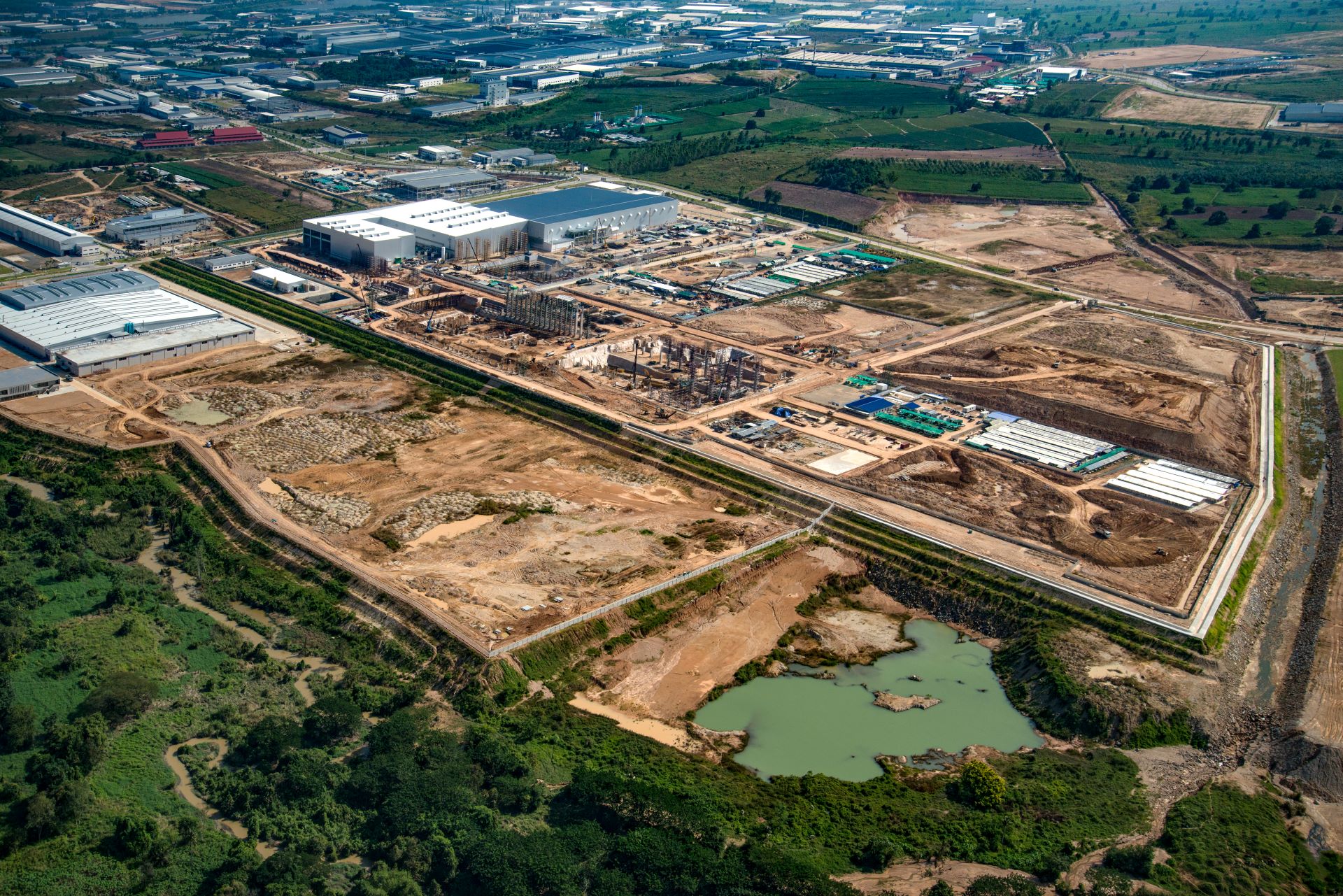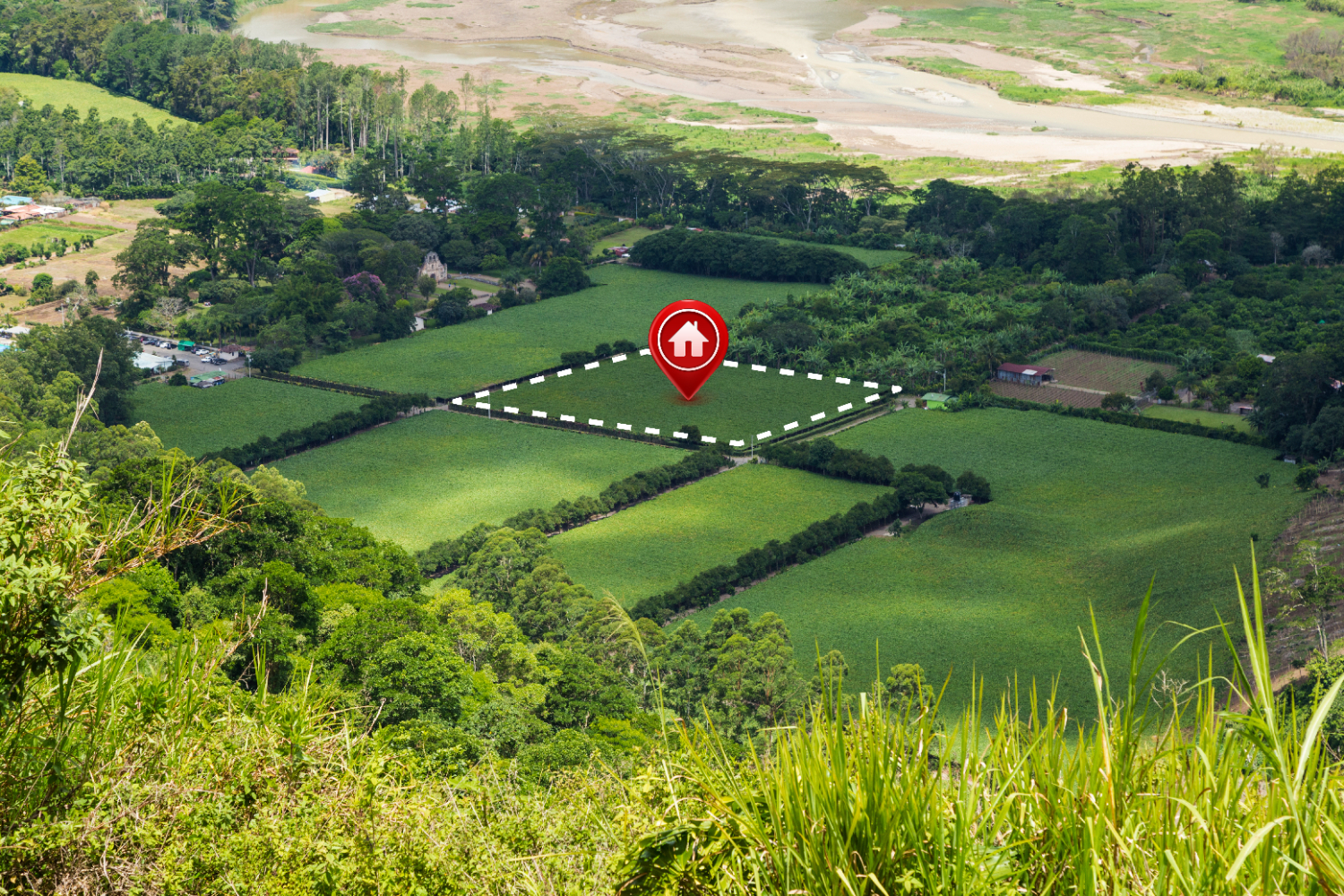As a landowner, understanding the various land development options is vital when deciding how to best capitalize on your property’s potential. Each development choice presents unique advantages and challenges that can dramatically impact the overall value of your land and its attractiveness to potential buyers. Navigating through these land development possibilities can seem daunting, which is why we have created this comprehensive guide to help landowners like you make informed decisions when preparing to sell your land.
In this all-encompassing article, we will dive into numerous land development options, exploring the nuances of selling undeveloped versus developed land. We will discuss factors such as zoning requirements, infrastructure development, and potential land uses, offering useful advice to help you determine the most strategic approach to increasing the value and appeal of your property. You’ll also learn about the importance of conducting thorough due diligence and seeking professional advice to maximize your land’s potential before putting it on the market.
Join us as we help you navigate the complex world of land development options. By understanding the variety of choices available and the potential benefits or drawbacks of each, you’ll be better equipped to make informed decisions that cater to your goals, paving the way for a successful land sale.
1. Zoning Requirements and Land Use Compatibility
Understanding and complying with zoning regulations is an essential first step in your land development journey. Addressing the following zoning requirements is crucial to ensure that your land development plans align with the vision of your local planning department:
Research Zoning Designations: Investigate your property’s zoning designation to determine what types of development are allowed on your land. Familiarize yourself with the zoning rules and regulations, including allowable land uses, lot sizes, and building setbacks.
Explore Rezoning Possibilities: If the existing zoning designation doesn’t align with your land development plans, research the potential for rezoning. Keep in mind that rezoning can be a time-consuming and costly process with no guarantee of approval.
Assess Compatibility: Assess the compatibility of your proposed land development plans with the surrounding land uses. Understanding your property’s context and the local government’s vision for the area will help ensure that your development plans adhere to the community’s long-term goals.
2. Infrastructure Development: Benefits and Challenges
Investing in the development of infrastructure on your land, such as roads, utilities, and water, can have a profound impact on the property’s value and attractiveness. However, these improvements come with their own set of challenges:
Increased Value: Developing infrastructure can greatly enhance the appeal and functionality of your land, making it more valuable and attractive to potential buyers. These improvements can especially benefit undeveloped land, providing buyers with a property that is ready for their intended use.
Costs and Funding: Despite the potential added value, the cost of developing infrastructure can be significant. Before committing to any infrastructure project, assess the potential return on investment (ROI) and explore both traditional and alternative funding options.
Permitting and Legal Requirements: Ensure that you secure all necessary permits and adhere to local, state, and federal regulations before undertaking any infrastructure development projects.
3. Selecting the Right Land Development Option: A Strategic Approach
Choosing the most suitable land development option is critical to maximizing your property’s potential. Consider the following factors when assessing your land development opportunities:
Property Characteristics: Analyze your land’s unique characteristics, including its size, location, terrain, and natural features. Evaluate the property’s suitability for specific development types, such as residential, commercial, agricultural, or recreational uses.
Market Trends: Research current market trends and local supply and demand. Identifying a niche market or high-demand land use can help guide your land development strategy and optimize your land’s value.
Financial Considerations: Evaluate the costs associated with implementing the various land development options and determine your budget. Consider the ROI potential for each development choice before making a decision.
Long-term Goals: Reflect on your long-term objectives and how each development option aligns with these goals. Consider the potential for future growth and the likelihood of achieving your desired outcome.
4. Conducting Due Diligence and Seeking Professional Guidance
Thorough due diligence and professional advice can help guide and inform your land development decisions. Follow these best practices to ensure a strategic development approach:
Site Assessments: Conduct a thorough site assessment, including environmental, geotechnical, and structural analyses, to identify potential risks and constraints that may impact your land development plans.
Consult Experts: Consult with professionals, such as real estate agents, land planners, engineers, and attorneys, to gain valuable insights and guidance on the best land development options for your property.
Feasibility Studies: Undertake a comprehensive feasibility study to assess the financial viability and overall desirability of each land development option. This evaluation will help you understand the potential risks and rewards associated with each development choice, allowing you to make an informed decision.
Making Informed Land Development Choices for a Successful Sale
Navigating the world of land development options can be challenging. By understanding the nuances of zoning requirements, infrastructure development, and the varying development choices available, you can make well-informed decisions tailored to your land’s unique characteristics and your goals as a landowner.
Uncover your property’s optimal land development strategy, and unlock its full potential for a successful sale. For additional expert advice and guidance, partner with land sales specialists like 7Land Corp, who can provide valuable assistance tailored to your property’s unique needs. Contact the land sales experts at 7Land Corp today, and gain the upper hand in today’s competitive land market.




